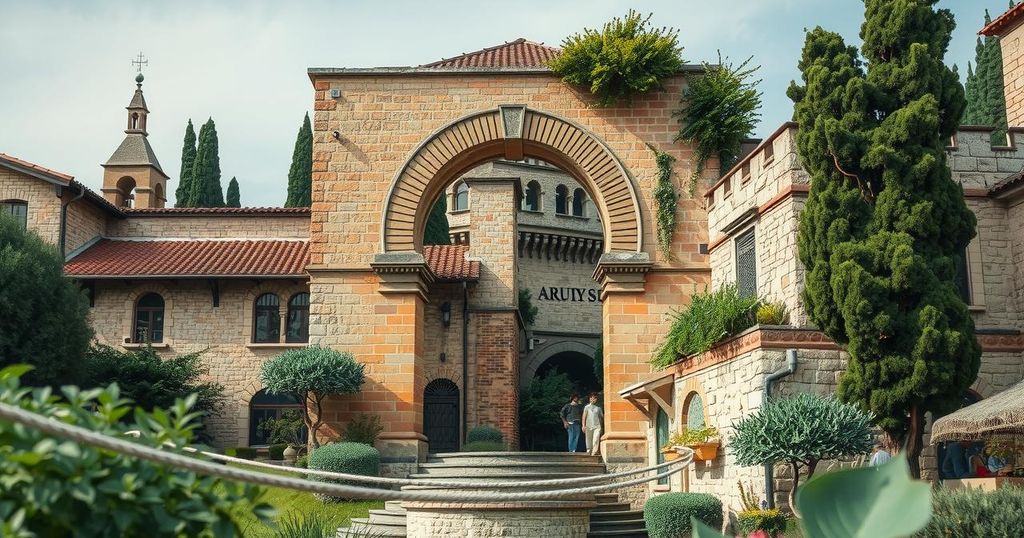Iran’s Jewish Community: Resilience Amid Challenges and Cultural Pride
The Jewish community in Iran, despite rising antisemitism and hardship, maintains a strong sense of cultural pride, with around 9,000 Jews still living there. They possess legal protections as a recognized minority and continue to practice their faith with active synagogues and schools. The community faces challenges in separating their Jewish identity from Zionism, against a backdrop of historical persecution and a shrinking population due to emigration.
The Jewish community in Iran, despite facing increased antisemitism and a challenging socio-political climate, remains proud of its heritage and culture. David Nissan, an expert on Iran and former intelligence officer, emphasizes that the identity of Iranian Jews is closely linked to Iran rather than Israel. Over the last 16 months, this community has continued to uphold a vibrant Jewish lifestyle, boasting 30 active synagogues, schools, and kosher establishments.
While Iranian law adheres to Islamic mandates that can discriminate against non-Muslims, Jews still enjoy certain protections as an officially recognized minority, albeit with the necessity to prove their loyalty to Iran. Nissan notes that the primary challenge today for Iranian Jews is to clearly delineate their Judaism from Zionism, which is viewed negatively by the Iranian regime.
Historically, Iranian Jews have faced severe persecution, particularly after the Muslim conquest and during the establishment of Shi’ite dominance. However, during the reign of Mohammad Reza Pahlavi, Jews thrived and held significant positions within society. Since the 1979 revolution, the Jewish population has dwindled from around 100,000 to approximately 9,000, mainly concentrated in Tehran, Shiraz, and Isfahan.
Remarkably, many members of this community have no intention of leaving, as they consider Israel or other countries not to be better alternatives. Nissan states that despite incentives for immigration, most Jews prefer to remain in Iran due to various cultural, economic, and security considerations. This remains a point of intrigue and importance, as discussions continue about the dynamics of the Iranian Jewish community.
Recent events at the ANU – Museum of the Jewish People in Tel Aviv spotlighted the ongoing lives of Iranian Jews amid Iran’s complexities. Rivka Aderet, content head at ANU, highlighted the unique history of this ancient community, which has significantly influenced Jewish culture, referencing the Book of Esther as an example.
Oded Ravivi, CEO of ANU, commented on the relevance of the Iranian Jewish narrative. He noted that the story reflects broader themes of cultural and national identity within Judaism and reinforces the importance of the Jewish diaspora’s connection to their historical roots and the state of Israel. Strengthening this bond remains a national commitment for all who seek security and community in Israel.
In conclusion, while the Jewish community in Iran faces significant challenges, their resilience and commitment to their cultural identity are evident. Despite historical hardships and contemporary pressures, many Iranian Jews choose to remain within their homeland, emphasizing their attachment to their Iranian heritage. Initiatives aimed at raising awareness about this community highlight the importance of nurturing diaspora connections and addressing the complexities of national versus religious identity among Jews.
Original Source: www.heritagefl.com




Post Comment